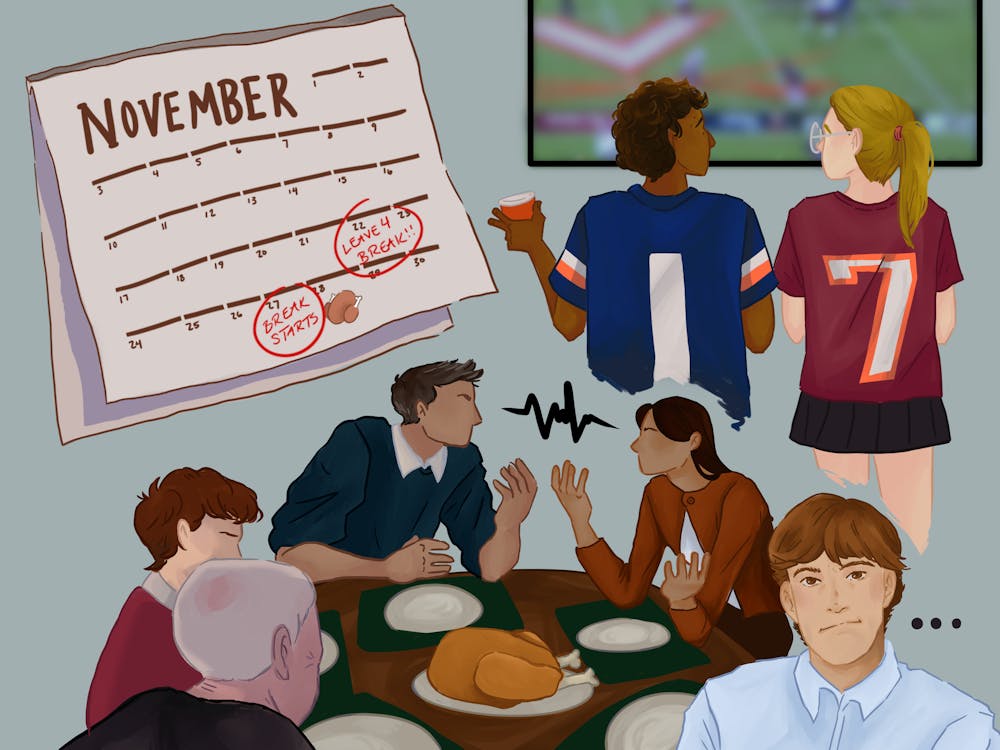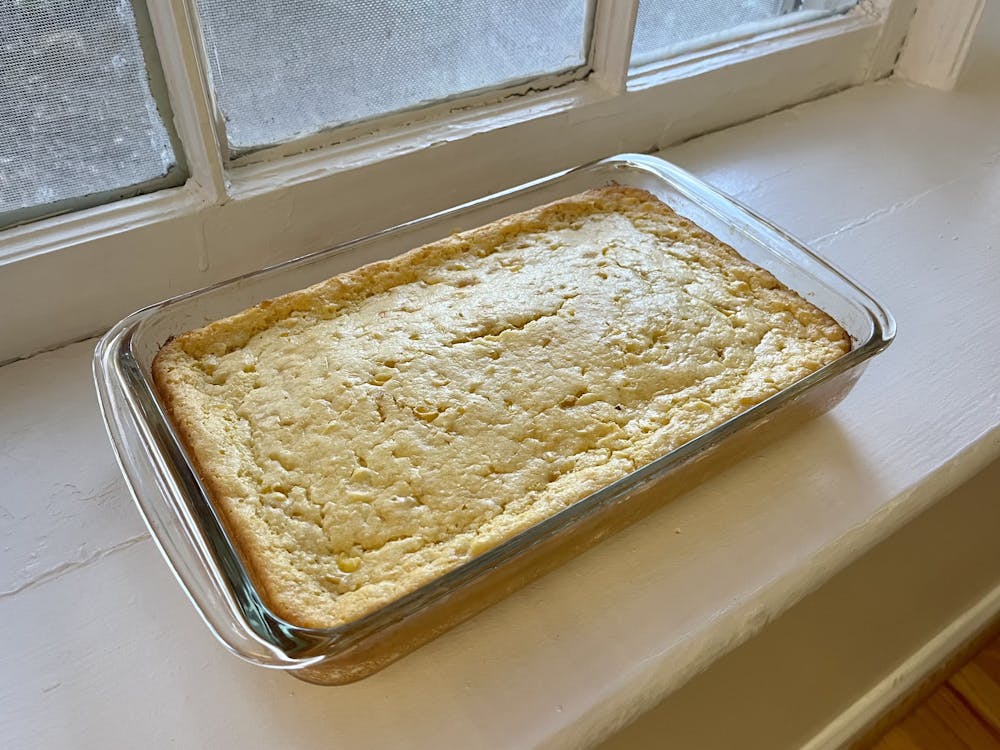As a child, dreams were like a game for me. I would wake up and immediately try to tell someone in the house what happened — only to find 30 seconds into my description I was making up nonsense due to my lack of memory.
Each spring, my elementary school hosted an annual book fair. The week prior to the fundraiser, our teachers distributed the catalogues to 30 antsy children, fully aware all attention for the next hour would be solely devoted to creating a wish list. As if captured in time, I perfectly remember forcefully showing my parents that evening the item I had circled in sharpie three times — extra emphasis was needed for such a wonder. Amidst furiously turning the catalogue’s pages, I halted immediately, knowing that I would not leave the book fair without it.
It was the “Dream Decoder” which really caught my attention. Though I was convinced I had become master of my dreams — pairing symbols and colors with their supposed meaning — it was really a measure of early morning entertainment. While I had not yet discovered the meaning of life, my parents were thrilled to see me reading and journaling while I shoveled down cereal instead of watching “Saved by the Bell.”
For the four weeks I used the miniature book, nothing changed about my dreams — yet I felt as if I had more control over their meaning. In reality, the “Dream Decoder” was just an example of marketing genius targeting strange children like myself. The subsequent year, I fell for the same gimmick and purchased the company’s “Spy Kit” at the book fair.
I’ve come to believe dreaming is a moment of powerlessness — giving up control of your mind while you snooze away. There is no room for decisions or opinions. Things simply happen. Still, I can’t help but wonder: do they have some kind of special importance?
Each night we go to sleep, and without putting in any effort, we weave a complex web of histories, and as if by a magic spell, the images which seemed so real in our heads vanish the moment we open our eyes. Having taken no psychology classes and not knowing much about science in general, I am consistently stunned by this.
Though the story of a dream is gone, the feeling lingers and hangs with you throughout the day. Oftentimes they feel so real that when we get out of bed and jump right back into the daily grind, it takes a moment to distinguish reality from dream. Sometimes this is good — I gladly welcome images of beautiful men and tropical beaches.
However, the nightmares have a stronger grasp and can loop on repeat that day unless you immediately shut it out. I’ve tumbled out of bed several times in the early morning to make sure everyone in the house is still alive and no one was turned into a family of elephant seals.
Waking up from a nightmare today is equally as frightening as it was in our adolescence. You would hope we’d grow out of this “childish habit” until we realize it’s really just human nature. The monsters are still there — they simply change form and become a bit more menacing. Without our parents’ bed to run to and hide beneath the covers, we are left to our own devices to shake the fear away and go back to sleep.
What makes dreams so fascinating is they exist outside of the realm of sleep, penetrating our daytime in equal force. There are certain dreams which stay with you when you awake. They latch on and don’t fizzle away. Despite knowing these mind-movies are simply that — in our head and not going anywhere else — we let dreams affect us. For these reasons, I can’t help but ponder the “meaning” of these dreams and replay their scenes over and over again, just as the “Dream Decoder” called for.
Allison’s column runs biweekly Thursdays. She can be reached at a.lank@cavalierdaily.com.




